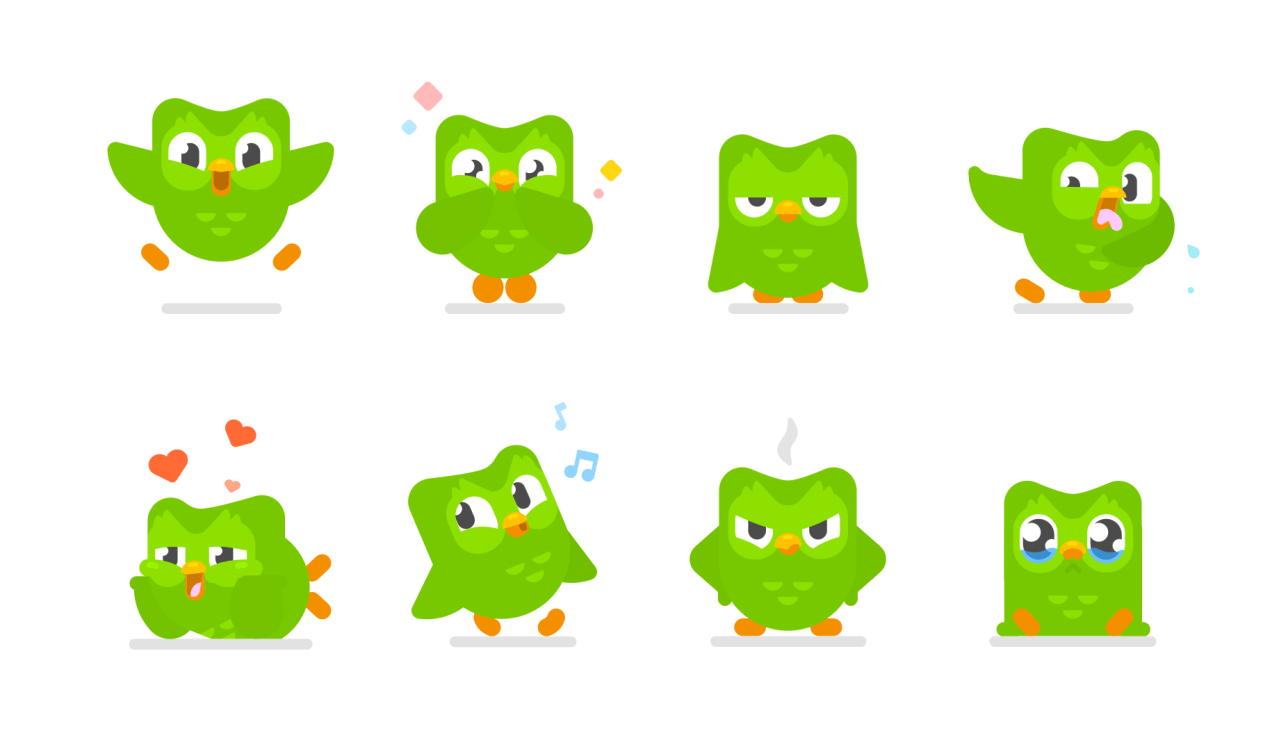In a world where digital learning platforms continually innovate and evolve, Duolingo—the renowned language learning app—has set its sights on a new domain: music education. This initiative, fueled by an impressive user base of over 500 million, aims to blend engaging content with fundamental music theory, much like the company has adeptly done in the realm of languages.
Building on a Strong Foundation
Duolingo’s foray into music education is a reflection of its strategic vision to diversify offerings beyond language learning. The company has already ventured into various subjects—such as literacy with Duolingo ABC and mathematics with Duolingo Math—demonstrating its ability to adapt educational content to meet varied user needs. The introduction of a music app aligns with this growth trajectory, harnessing the same building-block approach that has become synonymous with its successful language courses.
The Music App: What Can We Expect?
The exciting snippet of news from Duolingo’s latest job postings hints at a broader vision. While details remain scant, the need for a learning scientist specializing in music education suggests that Duolingo is looking for a comprehensive approach to music learning. Here are some potential features we can anticipate:
- Foundational Music Theory: Lessons designed around popular songs could serve as the hook to engage users while teaching essential music concepts.
- Instrumental Learning: Expanding on the theory, there may be elements that guide users through the basics of playing an instrument, making the learning experience more hands-on.
- Interactive Curriculum: With the hiring of a curricular consultant, users might benefit from a rich, interactive experience that combines educational depth with entertaining content.
Learning Music: A Synergistic Approach
The intersection of language, math, and music is a fascinating pedagogical space, and Duolingo’s methodology seems well-suited to leverage this synergy. Just like language requires nuance and context and math demands logical sequences, music education thrives on understanding foundational elements before mastering complex compositions. This coherent educational philosophy enables learners to grasp concepts more holistically rather than in isolation.
Market Potential and User Engagement
The broader implications of Duolingo’s venture into music can’t be overlooked. This innovative move isn’t merely an academic experiment; it has the potential to tap into a significant revenue stream, further enriching its already thriving business model. With the recent surge in paid subscriptions and a nearly doubled revenue, it’s clear that Duolingo’s brand of engaging and user-friendly learning resonates well with audiences.
Conclusion: The Future of Learning at Duolingo
As Duolingo continues to evolve, its anticipated music app stands as an exciting new chapter not just for the company but for digital learning as a whole. If successful, it can redefine the landscape of how we perceive music education—transforming it from a traditional classroom setting into an engaging, interactive experience available at our fingertips.
For more insights, updates, or to collaborate on AI development projects, stay connected with fxis.ai.
At fxis.ai, we believe that such advancements are crucial for the future of AI, as they enable more comprehensive and effective solutions. Our team is continually exploring new methodologies to push the envelope in artificial intelligence, ensuring that our clients benefit from the latest technological innovations.

